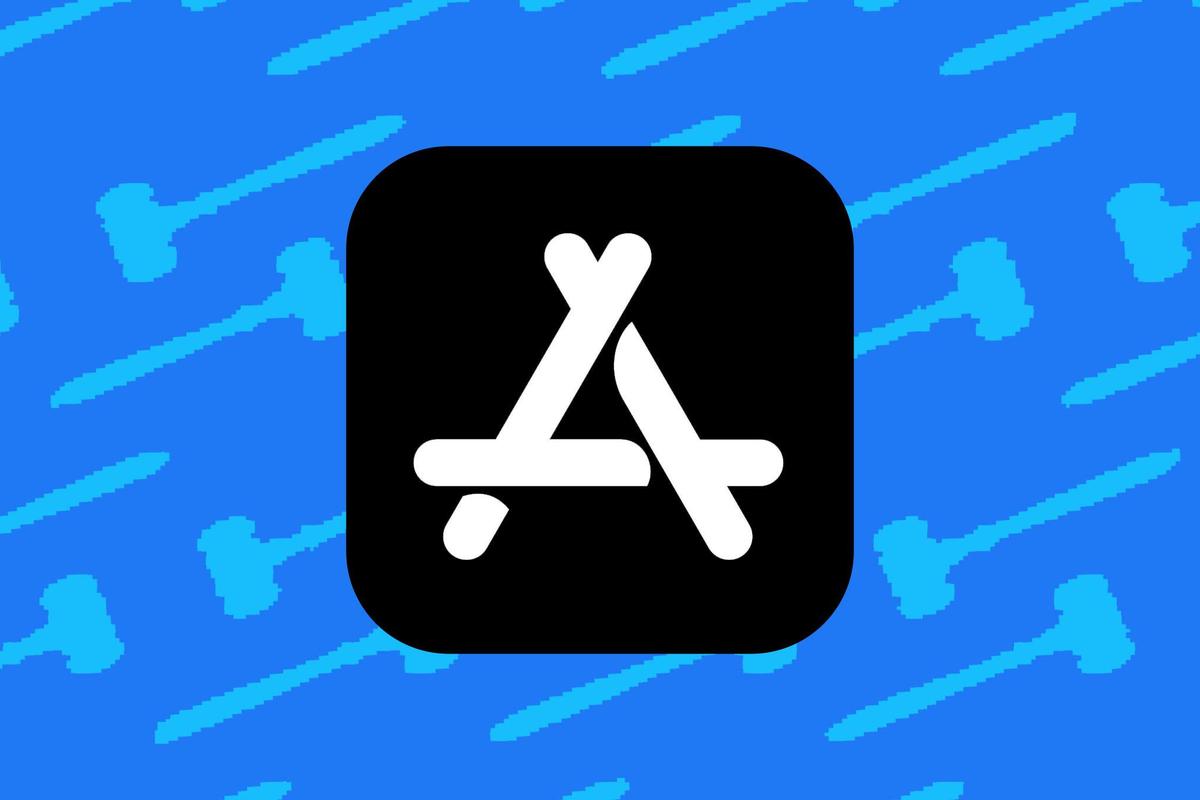Duolingo Embraces an AI-First Future, Replacing Contractors with Artificial Intelligence
Duolingo Embraces an AI-First Future, Replacing Contractors with Artificial Intelligence
Duolingo, the world’s most popular language learning platform, is making a significant strategic shift: embracing an “AI-first” approach. This bold move, outlined in an all-hands email from co-founder and CEO Luis von Ahn, signals a future where artificial intelligence plays a central role in content creation, task automation, and overall operational efficiency. The announcement, shared on Duolingo’s LinkedIn account, details the company’s plans to gradually reduce its reliance on contractors for tasks that AI can effectively handle.
This article delves into the implications of Duolingo’s AI-first strategy, examining the reasons behind the shift, the potential impact on its workforce, and the broader implications for the future of work in the ed-tech industry.
The Dawn of the AI-First Era at Duolingo
Luis von Ahn’s email clearly articulates the company’s vision: to prioritize AI in all aspects of its operations. According to von Ahn, being “AI-first” isn’t just about incremental improvements; it requires a fundamental rethinking of how Duolingo operates. He states that “making minor tweaks to systems designed for humans won’t get us there.” This signals a commitment to building new systems and processes with AI at their core.
To facilitate this transition, Duolingo is implementing several “constructive constraints,” including:
- Reducing reliance on contractors: The company will gradually stop using contractors for tasks that AI can perform.
- Integrating AI into hiring: AI skills and experience will become a key consideration in the hiring process.
- Evaluating AI usage in performance reviews: Employees will be evaluated on their ability to leverage AI in their roles.
- Prioritizing automation: Teams will need to demonstrate why they cannot automate tasks using AI before requesting additional headcount.
These changes indicate a significant shift in Duolingo’s operational philosophy, with a strong emphasis on leveraging AI to enhance productivity and efficiency.
Why the AI-First Approach?
Von Ahn emphasizes that AI is not merely a productivity booster; it’s a critical enabler of Duolingo’s mission to provide accessible and effective language education to everyone. He argues that creating the massive amount of content required to teach effectively at scale is simply not feasible using manual processes.
“Without AI, it would take us decades to scale our content to more learners,” von Ahn explains. “We owe it to our learners to get them this content ASAP.” This highlights the crucial role AI plays in accelerating content creation and expanding the reach of Duolingo’s platform.
Furthermore, AI enables the development of innovative features, such as Video Call, that were previously impossible to build. Von Ahn believes that AI can help Duolingo achieve its ultimate goal: “For the first time ever, teaching as well as the best human tutors is within our reach.”
Addressing Concerns and Supporting Employees
While the move towards an AI-first approach may raise concerns about job security and the role of human employees, von Ahn is keen to emphasize that Duolingo remains committed to its workforce. He reassures employees that “this isn’t about replacing Duos with AI. It’s about removing bottlenecks so we can do more with the outstanding Duos we already have.”
The company plans to support employees through training, mentorship, and tooling, enabling them to adapt to the changing landscape and leverage AI in their respective roles. The goal is to free up employees from repetitive tasks, allowing them to focus on more creative and strategic work.
Parallels with Shopify’s AI Strategy
Duolingo’s decision echoes a similar strategy adopted by Shopify, where CEO Tobi Lütke has emphasized the importance of leveraging AI to improve efficiency and reduce the need for additional headcount. Lütke’s memo to employees stated that teams must demonstrate “why they cannot get what they want done using AI” before requesting more resources.
This trend suggests a growing recognition among tech leaders of the transformative potential of AI and its ability to reshape the way companies operate. By prioritizing AI, companies like Duolingo and Shopify aim to stay ahead of the curve and unlock new levels of innovation and efficiency.
The Broader Implications for the Ed-Tech Industry
Duolingo’s AI-first strategy has significant implications for the broader ed-tech industry. As AI technology continues to advance, other companies may follow suit, exploring ways to leverage AI to personalize learning experiences, automate administrative tasks, and create more engaging educational content.
The increasing adoption of AI in ed-tech could lead to several key developments:
- Personalized Learning: AI algorithms can analyze student data to identify individual learning styles and tailor educational content accordingly.
- Automated Assessment: AI can automate the grading of assignments and provide students with instant feedback, freeing up teachers to focus on more individualized instruction.
- Intelligent Tutoring Systems: AI-powered tutors can provide students with personalized support and guidance, helping them overcome learning challenges.
- Content Creation and Curation: AI can assist in the creation and curation of educational content, ensuring that it is relevant, engaging, and up-to-date.
However, the integration of AI in education also raises important ethical considerations. It’s crucial to ensure that AI algorithms are fair, unbiased, and transparent, and that student data is protected and used responsibly.
Conclusion: A Bold Step Towards the Future of Learning
Duolingo’s decision to embrace an AI-first approach represents a bold step towards the future of learning. By prioritizing AI, the company aims to enhance its ability to create engaging and effective language education content, personalize learning experiences, and reach a wider audience. While the transition may present challenges, Duolingo’s commitment to supporting its employees and its clear vision for the future suggest that it is well-positioned to succeed in this new era of AI-powered education. The ed-tech industry will be watching closely to see how Duolingo’s AI-first strategy unfolds and the impact it has on the future of language learning.
Source: The Verge



